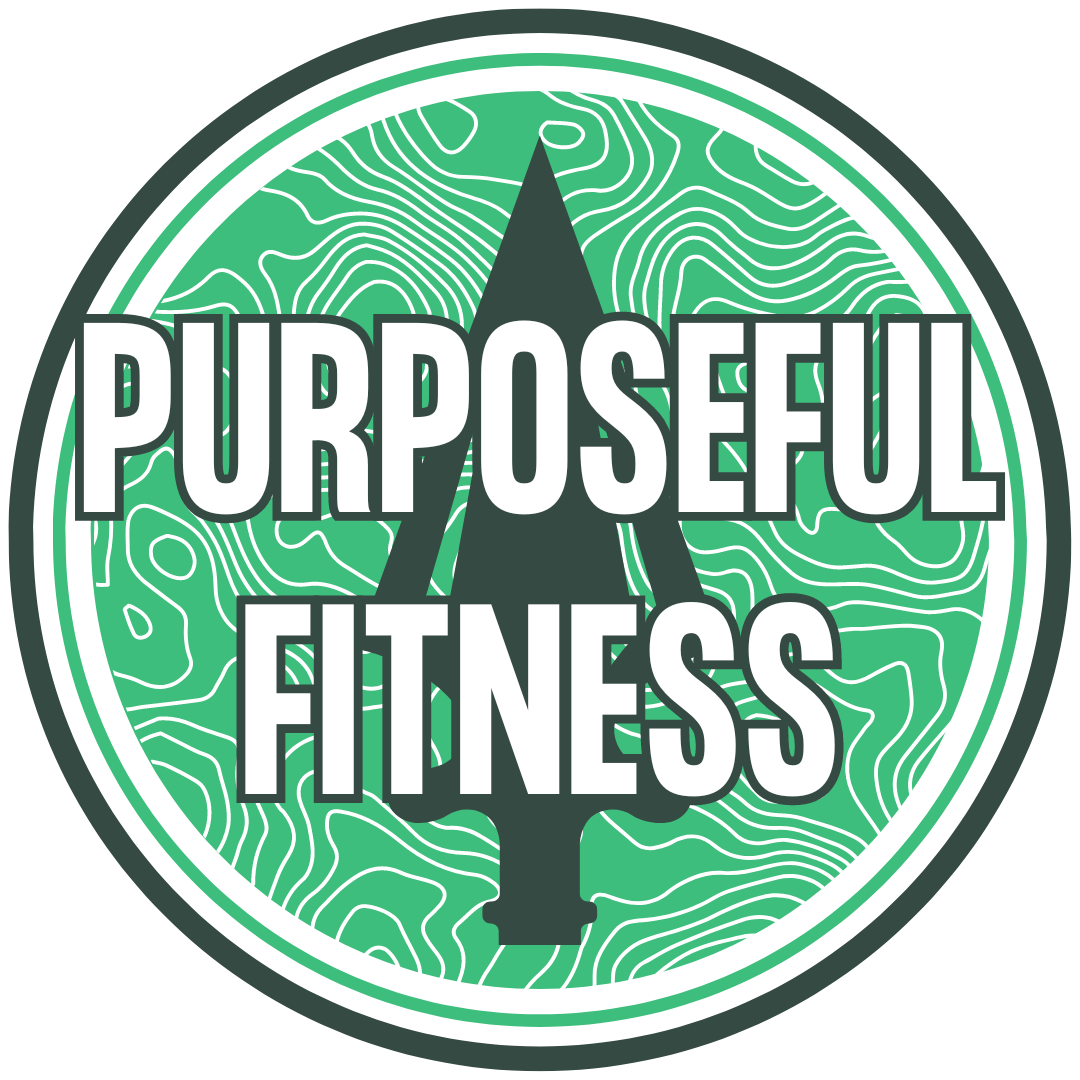The 9 Pillars of Health series: Sleep.
Our bodies are capable of great feats of adaptability. We can adjust to harsh environments, tough physical demands, mental challenges, and much more. We can recover from illnesses and injuries, becoming stronger and smarter almost without limits. But none of that happens without our most important tool: sleep.
Fortunately, we have turned a corner in understanding the benefits of sleep. Not long ago, we glorified a lack of sleep as a sign of great willpower. Long hours at work, late nights out partying, and early morning workouts were badges of honor that proved our discipline. While some of that still stands, it is now widely understood that underperforming on sleep comes with great risks:
Cognitive impairment
Mood changes
Physical health issues
Weakened immune system
Injuries and accidents
Metabolic problems
These risks start as soon as you get less than about 7 hours of sleep, even once. Now consider that most people are averaging less than 7 quality hours of sleep, and you begin to understand why so many are struggling with the health issues mentioned above. Quality is just as important as quantity in some cases. This is where I mention “sleep hygiene” to my clients.
The ritual you go through in preparation for sleep and what happens during your nightly slumber determine the quality of your sleep. What you do throughout the day, when you eat your last meal, how much blue light you’re exposed to, the stress level you feel at night, the conditions of your room, and your sleep/wake times can all be dialed in to ensure a good night’s rest.
For those who are training hard, going through a stressful time, trying to learn something new, or recovering from an injury or sickness, it is even more important to sleep well. With an increased demand on their body comes an increased demand for recovery.
Sleep is something we must do every day anyway, and it is one of the most powerful tools for adaptation. So, let’s make sure we get the most out of it!
